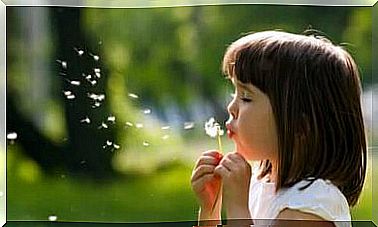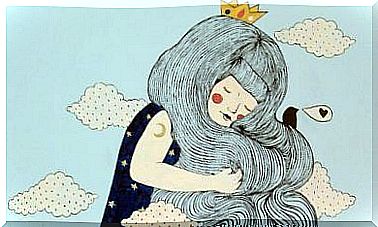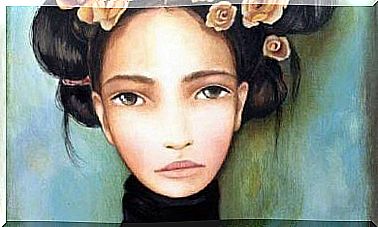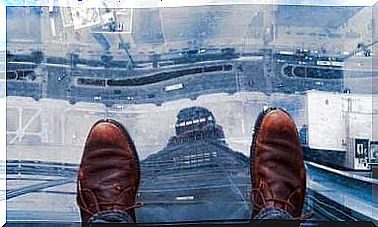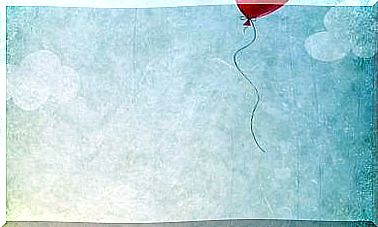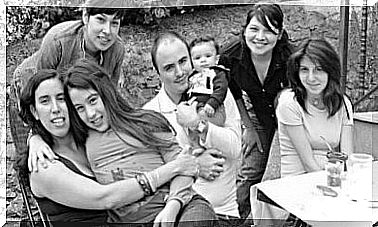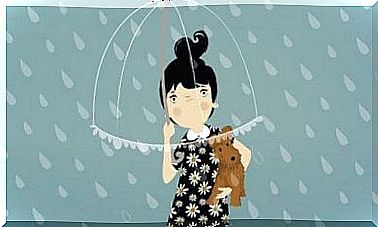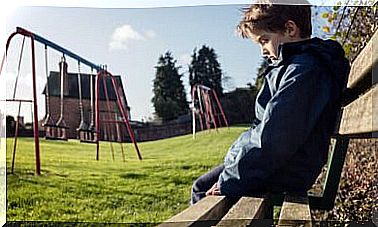Quotes From Dostoevsky On Life And Pain
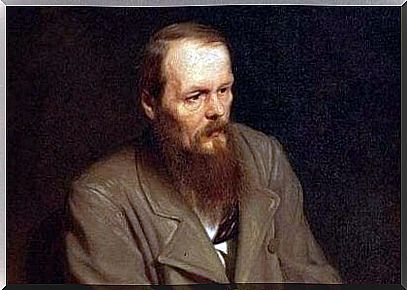
Dostoevsky’s quotes are the faithful reflection of a writer with a troubled life, with an extraordinary sensitivity and talent. His work is one of the few that has been able to best reveal human nature, beyond all time.
His father, a very authoritarian figure, died tortured and murdered; his mother died of tuberculosis when he was just a teenager. This led Dostoevsky to almost lose his mind. However, he managed to avoid it and perhaps for this very reason his literature possesses that depth and beauty that distinguishes those who have lived intensely. Today we invite you to discover the most beautiful quotes from Dostoevsky .
It would be impossible to draw up a complete list of all the great quotes of Fyodor Dostoevsky, since there are so many works from which to draw. We have therefore selected only those that best represent his vision of the world and of life. Discover them with us!
Quotes by Dostoevsky
The frankness
One of Dostoevsky’s quotes says: There is nothing in the world more difficult than frankness and nothing easier than flattery . Nowadays, that might seem like a pretty obvious statement. In its day, it was revolutionary.
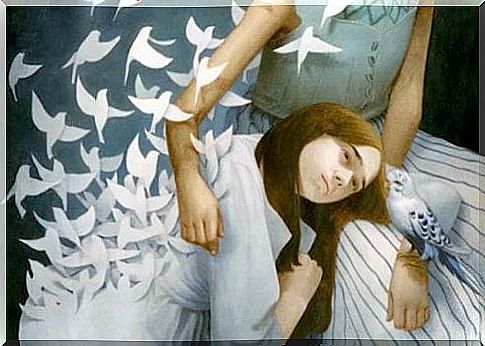
Dostoevsky lived in old Russia, a country where classism, authoritarianism and repression were the order of the day. In such a context, frankness almost becomes a crime and hypocritical flattery a norm.
The two halves of life
Dostoevsky’s quotes speak of a man who reflected passionately on life. The paradox is that death was always close to him. He had to endure the deaths of his parents, wife, daughter and brother. He himself, in fact, was sentenced to the death penalty, but was then acquitted.
One of his statements about life reads: The second half of a man’s life is made up of nothing but habits acquired during the first half. A bit like those who say that in the first half of life the person forms what they will live with for the rest of their existence.
Relativism in ethics
Ethics is another of the recurring themes in Dostoevsky’s quotations. I do not understand why the fact of having subjected a besieged city to the bombing and not that of having killed someone with ax blows is the source of so much glory.

This is a very interesting and profound reflection. If someone kills another person, he is called a murderer, but if he kills hundreds of thousands, he is called a “hero”. How is this ethics configured which rejects an individual evil and applauds collective damage? How can there be circumstances in which killers are a role model for others?
The echoes of failure
Dostoevsky’s life was full of unpleasant vicissitudes, including the death of his newborn daughter and his second wife. Thus he lost the right path and became addicted to gambling. In turn, these experiences gave him very valuable material for his works.
Suffering and its effects can be summed up in one of the most interesting phrases of Fyodor Dostoevsky: After a failure, the most elaborate plans seem absurd. It perfectly sums up that emotional state that prevails after a decisive failure. It shows how it completely alters perception, depriving things of meaning.
Pain also teaches
Dostoevsky was certainly an expert on pain. However, he did not reject it as such. Rather, he reflected on it in an almost didactic form. It reminds us that: True pain, what makes us suffer deeply, at times makes even the most reckless man serious and constant; even the poor in spirit become more intelligent after great pain.
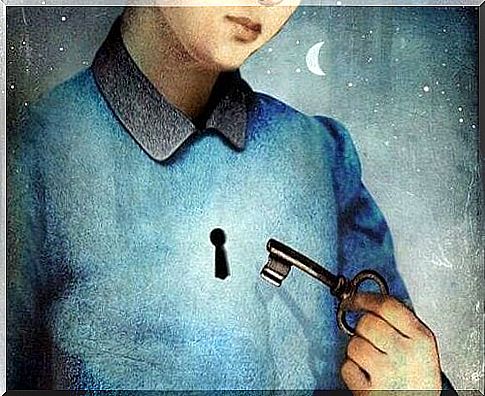
In one way or another, it suggests that one of the functions of pain is to sensitize us. Another is to give depth to our thinking. It is not a praise to suffering, but an analysis of its facets.
Reading Fyodor Dostoevsky is a delight. His works remain fully valid, as his purpose was not to portray an era or specific circumstances, but to scrutinize human nature. They are also the testimony of a man who knew how to overcome adversity and turn them into art.

